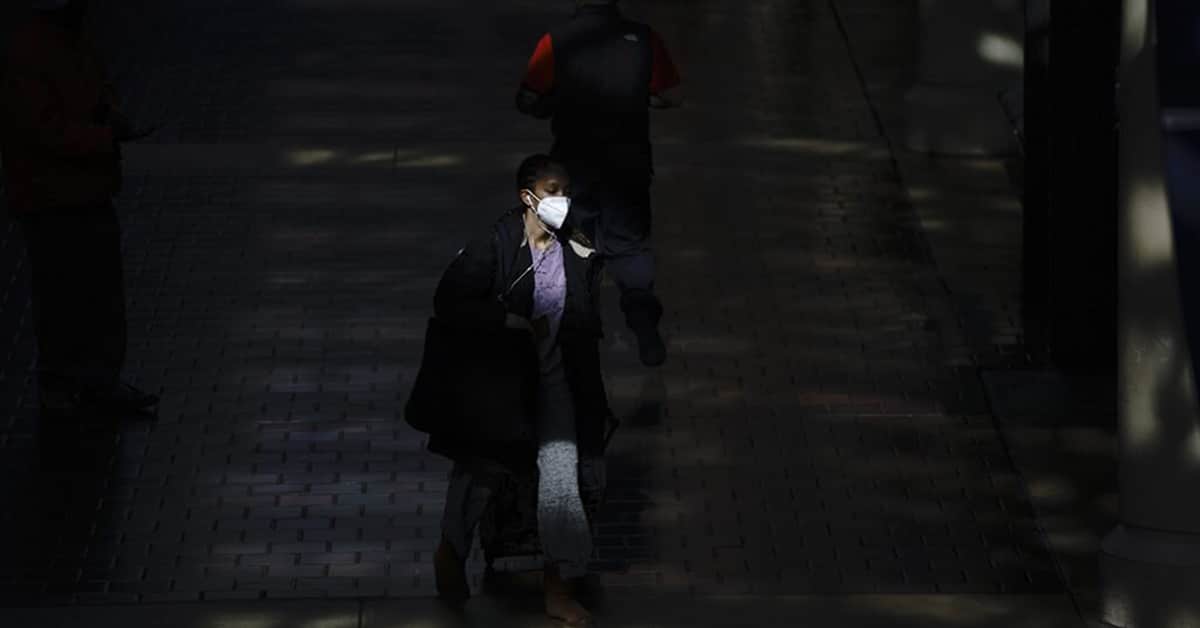The coronavirus pandemic is an unprecedented public health and economic crisis. Policy solutions in response to the pandemic’s devastating impacts on health and economic security must account for the unique needs of women and families, especially women of color.
Women are more likely to be on the front lines of coronavirus response and exposure: 52 percent of essential workers are women, and women are the majority of the workers in jobs that the federal government has designated as essential, including the vast majority of hospital workers, home health aides, and grocery store cashiers. Women also bear the brunt of unpaid caregiving responsibilities for children and family members at home.
Furthermore, the health care system has historically underserved women—a fact that the coronavirus pandemic has exacerbated: Women are less likely than men to be able to withstand unexpected costs, health coverage has frequently not been comprehensive enough to meet women’s needs, and the health care providers women rely upon are frequently underfunded.




